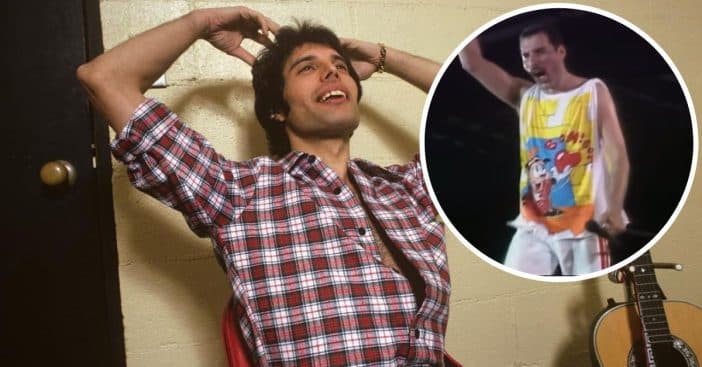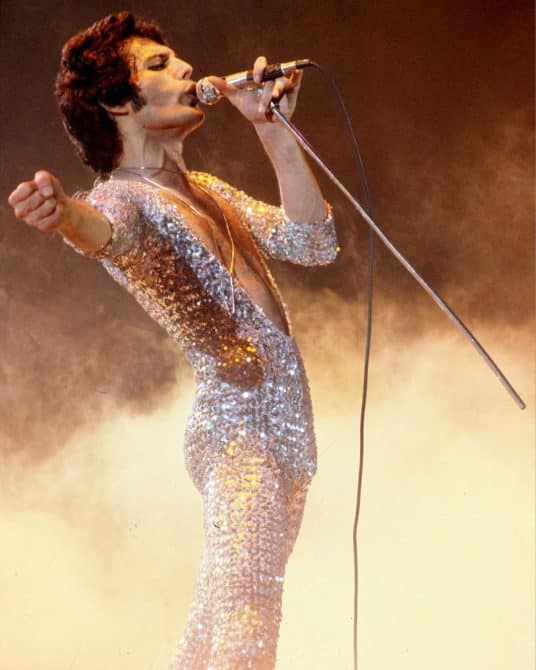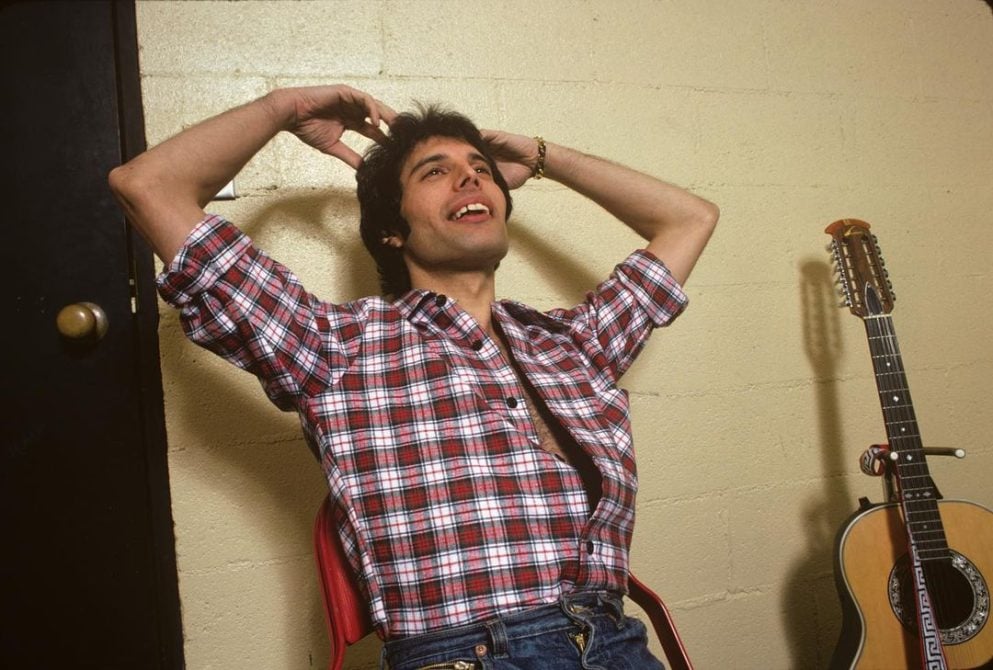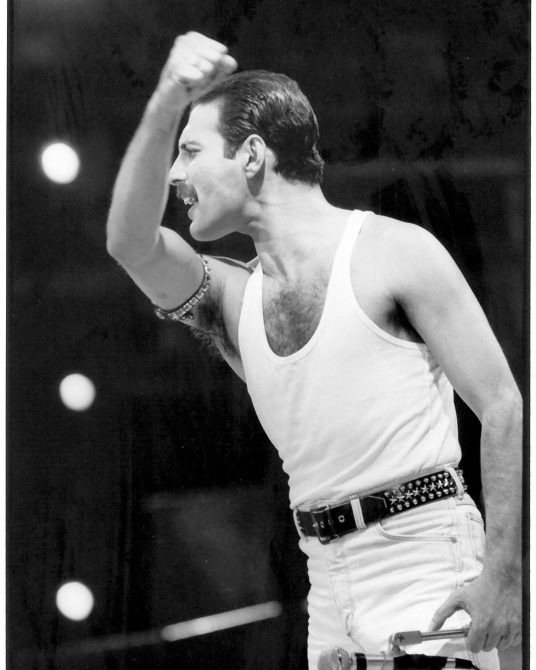
Freddie Mercury’s unique vocals and outstanding performance earned him a frontline spot in Queen’s band and cemented his love in the hearts of fans. Queen’s guitarist, Brian May, shared that Freddie had a spontaneous burst of energy during one of his most famous performances.
The 1985 Live Aid performance at Wembley Stadium goes down in music history as one of the most iconic performances by any band. Also in attendance were music acts like Elton John, U2, The Who, Sting, David Bowie, and George Michael; however, Queen stole the show that day.
Iconic “Freddie Mercury moment” was unplanned

Freddie’s energy was contagious as he led a call-and-response with the audience. He would yell “ayo” at varying pitches and wait for the audience to chant back. In an interview with The Guardian, Brian May admitted that the moment was impulsive and solely Freddie’s move.
RELATED: Queen Will Soon Release An Unheard Track Featuring Late Freddie Mercury’s Vocals
“We didn’t plan it. It was always up to Freddi, whether he wanted to do it, and he felt confident that it was the right moment. Freddie did have an aptitude; it has to be said– he just could connect. He connected with everybody,” Brian recalled. “As soon as he went, ‘Ey yo’, that was it– the place imploded.”

The crowd was visibly impressed by the performance, but Brian was unsure how great they did. “You walk off things like that with a great feeling of exhilaration, but you’re also doing the postmortem: ‘Oh, God, I didn’t do that, I wish I’d done that, that went wrong,'” he remarked. “It did feel different because it wasn’t a Queen audience…yet they’d still reacted that way. The enormity of that did hit me: the ‘Radio Ga Ga,’ clap, clap. To see that happening sent big chills up my spine.”
Freddie’s style led to one of Queen’s biggest hits
Although Queen had several songs that were perfect for call-and-response, the band did not fancy the idea of concertgoers chanting lyrics back at them. “I said to Freddie, ‘maybe instead of fighting this, we should be encouraging it. Maybe we should be harnessing this kind of energy which seems to be happening,'” Brian recounted.
They were frustrated with the trend but went along with it, and this birthed one of their biggest songs, “We Will Rock You.” “If they can chant, what would they chant? And with that, I could hear it in my head: ‘We will, we will rock you!'” Brian continued.

Brian also explained why there were no drums in the song in a bid to carry the audience along. “I was hoping that this would become something that would catch on. We would have a song which would be led by the audience. So that’s why there’s no drums on there,” he concluded. “It was all aimed towards getting the audience involved— somehow it worked.”
